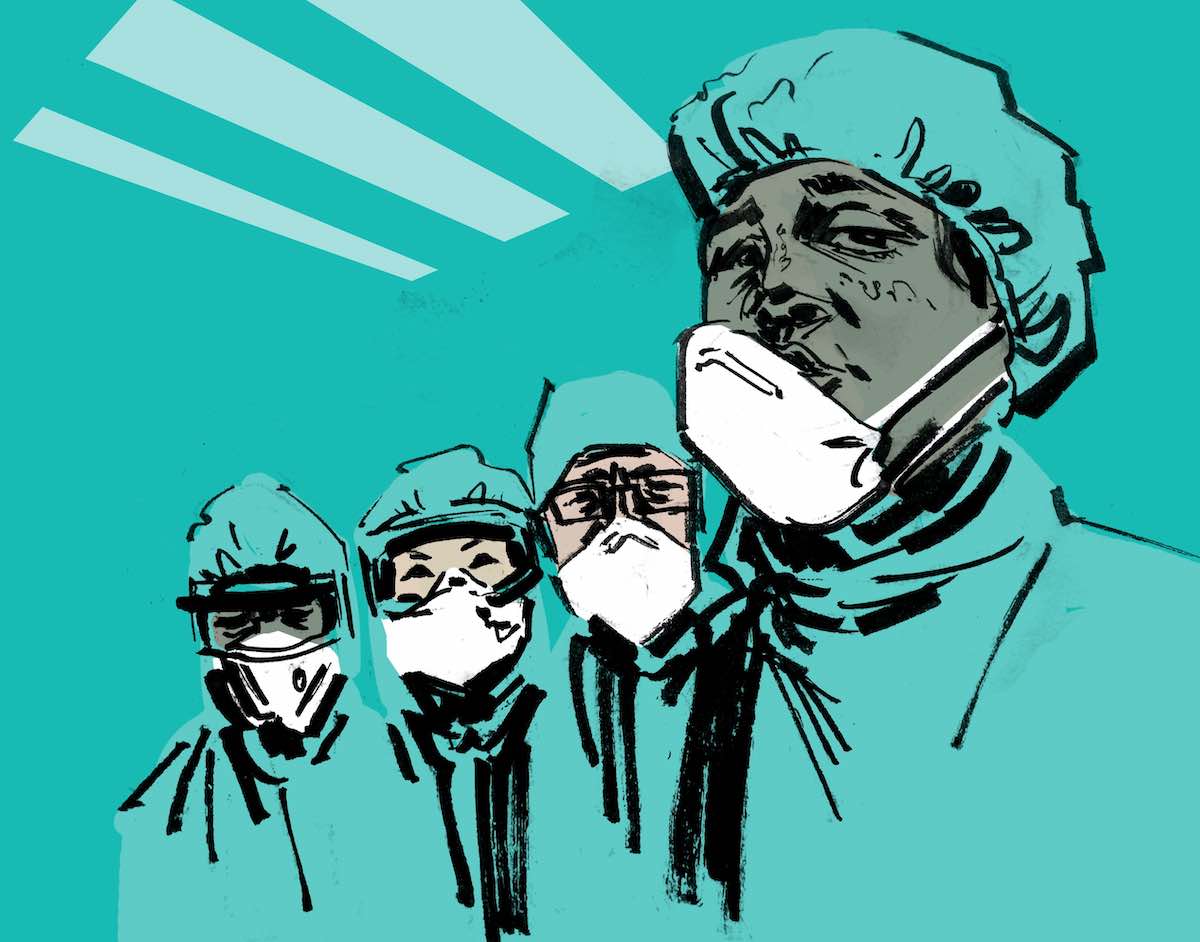A Northern District of California federal court has stayed the trial of an action the Federal Trade Commission initiated against LendingClub in 2018 pending a Supreme Court ruling on the FTC’s authority to seek monetary restitution under Section 13(b) of the FTC Act.
According to FTC attorneys, online lending company LendingClub allegedly deceived consumers by falsely promising them loans with no hidden fees. The original complaint was filed in April 2018 and alleges that, in actuality, the company deducts hundreds or even thousands of dollars in hidden up-front fees from the loans. The FTC also alleges that LendingClub tells consumers they are approved for loans when they are not, takes money from consumers’ bank accounts without authorization, and has failed to provide required privacy notices.
The November 2018 amended complaint adds further detail about the scope of the alleged harm caused by LendingClub’s purported unauthorized bank account withdrawals and includes additional examples of the company’s alleged deception about loan approval.
The FTC seeks equitable monetary relief from LendingClub pursuant to its authority under Section 13(b), in the form of “rescission or reformation of contracts, restitution, the refund of monies paid, and the disgorgement of ill-gotten monies.”
In staying the action, the court expressed that the FTC’s authority to seek monetary relief is “an issue of enormous consequence to this case.” The court explained, “[g]oing forward with trial would needlessly burden LendingClub to put on a trial defense only to possibly have the entire enterprise mooted by the FTC’s inability to seek any monetary relief under Section 13(b).”
FTC attorneys argued that any perceived hardship did not warrant a stay of the trial. The court disagreed, in part, given “the viability of the remedy motivating the case.” In other words, it would be inequitable to hold a trial when the FTC’s ability to seek and obtain monetary relief may very well be precluded by the Supreme Court.
The issue of whether the FTC has authority to seek monetary relief under Section 13(b) is now before the Supreme Court. The petitions that have been accepted for review are in two separate – and consolidated – cases. The first, FTC. v. Credit Bureau Center. The second, AMG Capital Management, LLC v. FTC.
It is anticipated that both will be argued in October 2020.
This matter should be of interested to digital marketers and corporate counsel. Contact experienced FTC defense attorney if you are interested in learning more about this topic and available defenses, or if you have been named in an FTC action or have received a civil investigative demand (CID).
Richard B. Newman is an FTC attorney at Hinch Newman LLP. Follow him on Twitter @FTC defense lawyers.
Informational purposes only. Not legal advice. May be considered attorney advertising.




